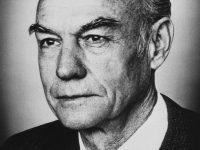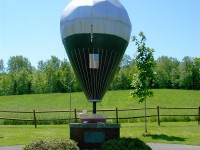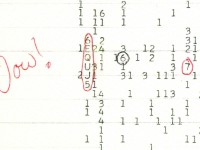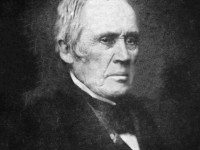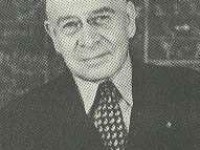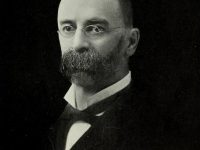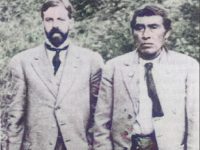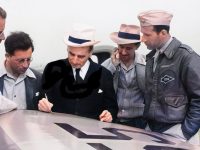Roger Wolcott Sperry’s Split-Brain Research
On August 20, 1913, American neuropsychologist, neurobiologist and Nobel laureate Roger Wolcott Sperry was born. Sperry is known for his work with split-brain research. in particular for his study of functional specialization in the cerebral hemispheres. He was responsible for overturning the widespread belief that the left brain is dominant by showing that several cognitive abilities were localized in the right brain. “The objective psychologist, hoping to get at the physiological side…
Read more

